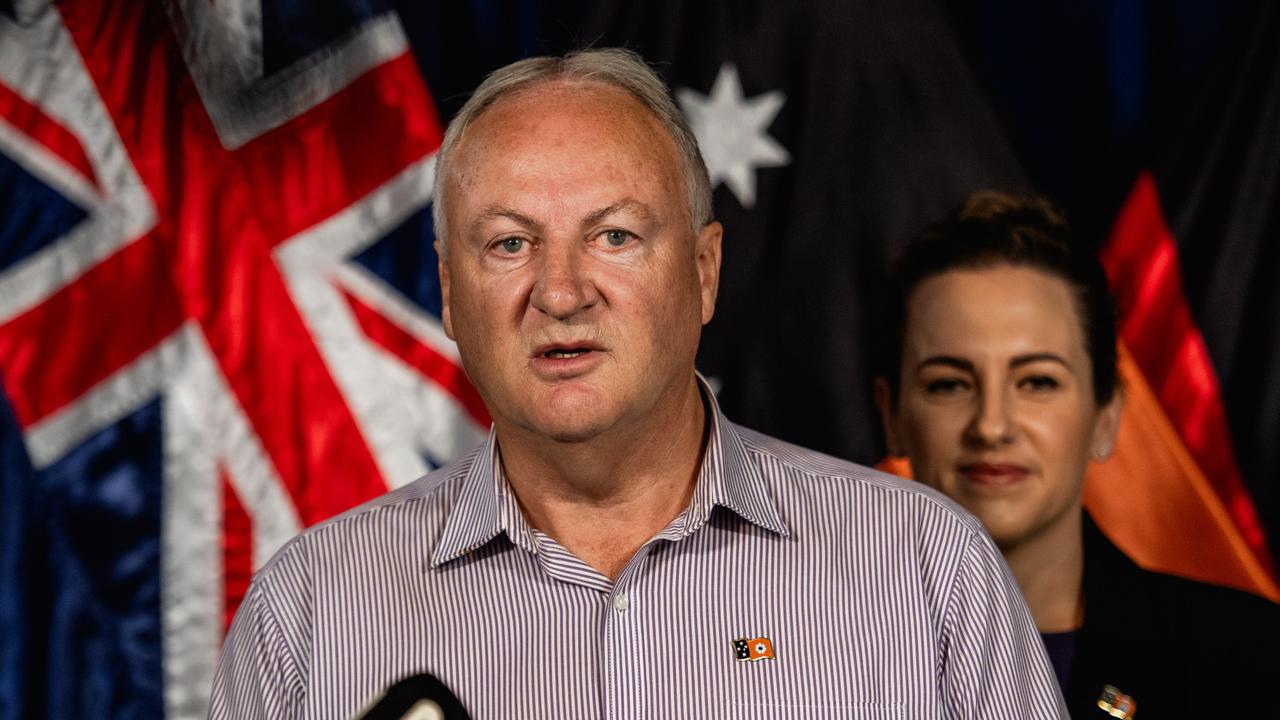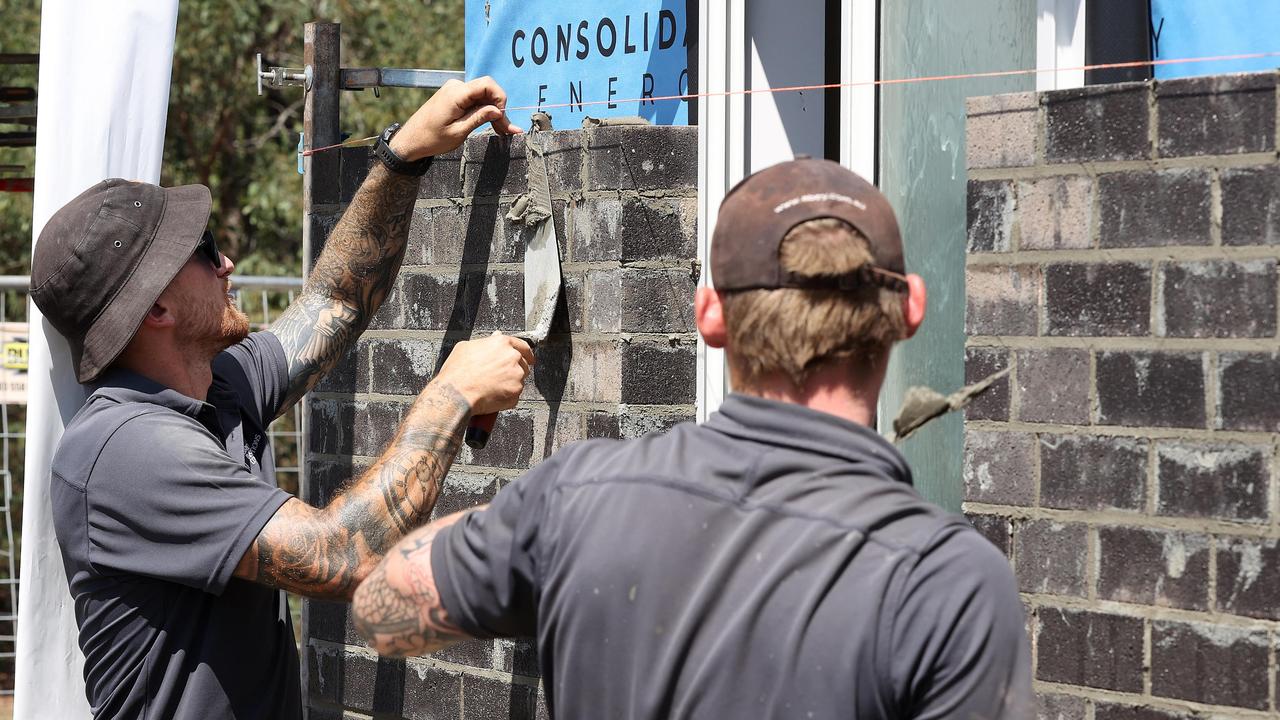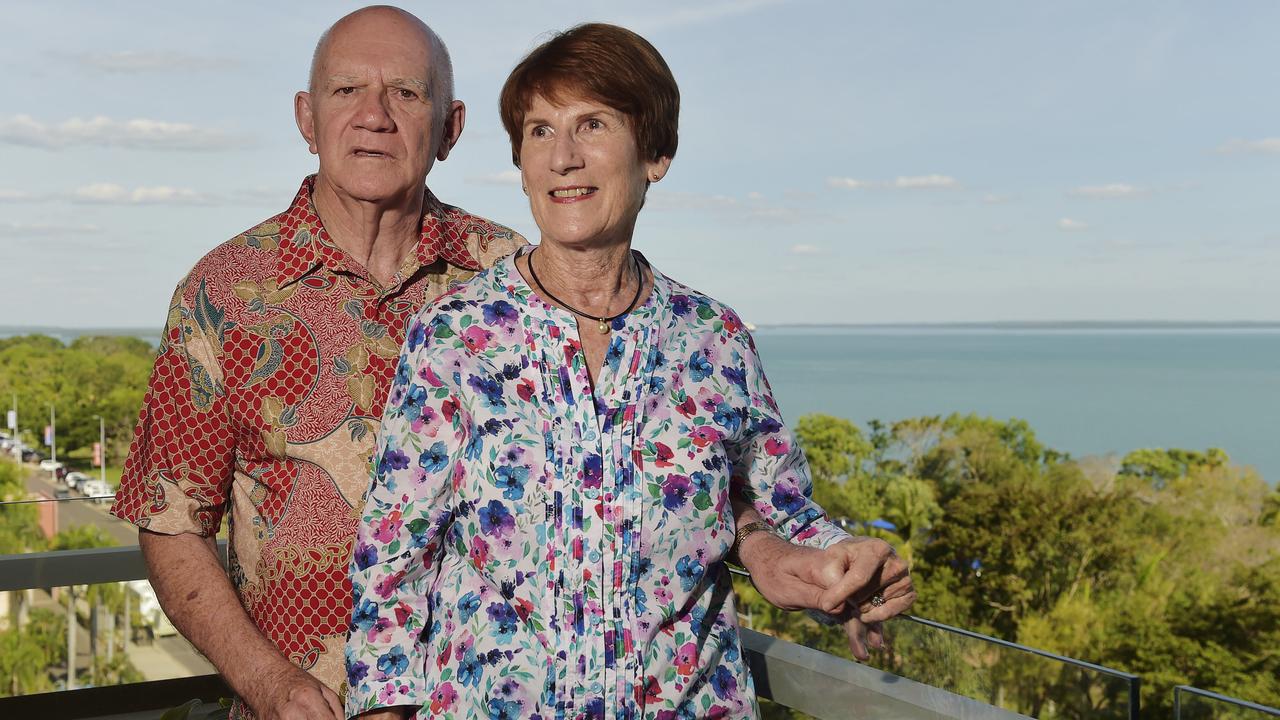NTG’s remote rent framework supported in appeal after rents in isolated communities hiked
Lawyers representing three Indigenous tenants in Gunbalanya and one in Laramba have vowed the ‘fight for better housing and a fair rent system’ is not over after an NT Court of Appeal decision.

Northern Territory
Don't miss out on the headlines from Northern Territory. Followed categories will be added to My News.
Lawyers representing three Indigenous remote tenants in Gunbalanya and one in Laramba have vowed “the fight for better housing and a fair rent system” is not over after the NT Court of Appeal found in favour of the Government’s ‘remote rent framework’.
The rent model — first introduced in December 2021 by the previous Labor Government and fully introduced in February 2023 after several delays due to widespread backlash — introduced a flat rate charge based on the number of bedrooms in a dwelling.
The revised rent structure has a $70 per bedroom based model, to a maximum of $280 a week, and comprises of up to 25 per cent of a tenant’s overall fortnightly Centrelink payments impacting more than 5,300 premises.
Communities impacted by the rent hikes include those in a recent series of cases finding the NT Government liable for dilapidated housing conditions, including a recent High Court ruling concerning a house left with no external door for more than five years, and another NT Court of Appeal decision delivered last Christmas Eve concerning excess uranium in tenant’s drinking water.
Dismissing claims that the NT Government was required to directly consult with tenants, the NT Court of Appeal found the Minister was acting within their powers with the new rent model.

The reform has been criticised by NT Land Councils and Aboriginal community-controlled organisations, who say that they were not meaningfully consulted, and who warned that rent hikes will compound poverty, homelessness, and food insecurity.
Lawyers said the spotlight is now on how the NT Government will respond to the cost of living crisis following the decision
NT Minister for Aboriginal Affairs and Minister for Housing Steve Edgington said the CLP was focused on providing safe, affordable housing solutions for remote Aboriginal communities and described the situation as “another Labor mess”.
“As the Member for Barkly, and the Minister for Housing, Local Government and Community Development, I have seen the living conditions in remote areas first-hand, and I am focused on improving tenancy and property management,” he said.
When asked if they would bring rents back down, they would not commit.
Dan Kelly, Solicitor for Australian Lawyers for Remote Aboriginal Rights (ALRAR), said Indigenous communities impacted by the rent hike already face the nation’s worst rates of housing stress.
“Adding further pressure is not going to help these communities and is only going to exacerbate the problem,” Mr Kelly said.
“Our clients will consider the outcome of today’s decision, but the fight for better housing and a fair rent system is not over.
“If governments truly want to close the gap, to improve health outcomes and address the social problems in remote communities, they have to face up to the crisis in remote housing rather than simply imposing further pressure.
“The government shouldn’t be increasing prices when they are not providing a decent baseline service.”
More Coverage
Originally published as NTG’s remote rent framework supported in appeal after rents in isolated communities hiked








